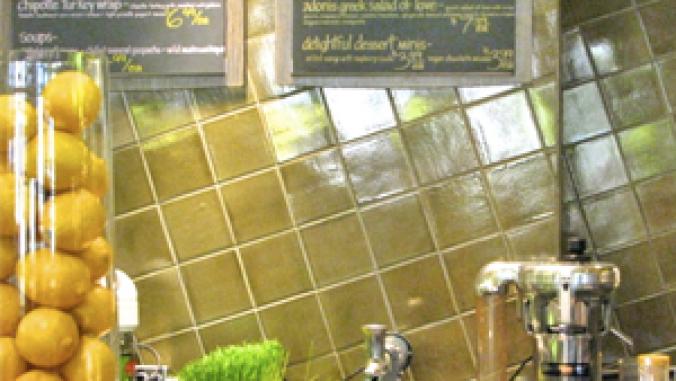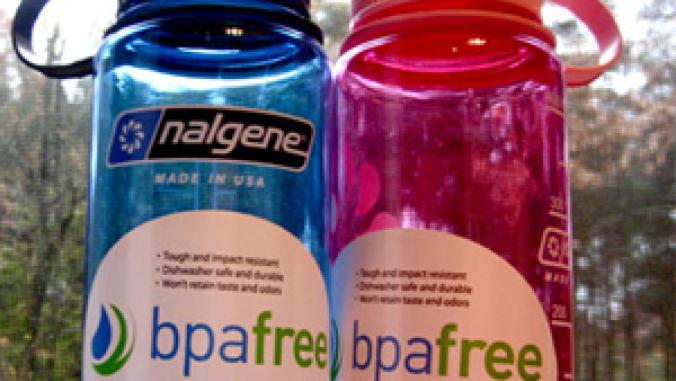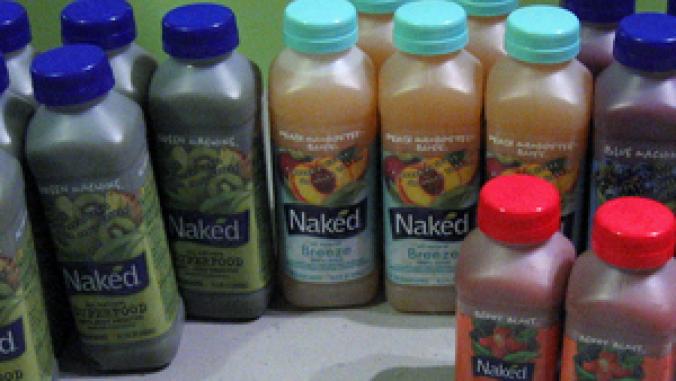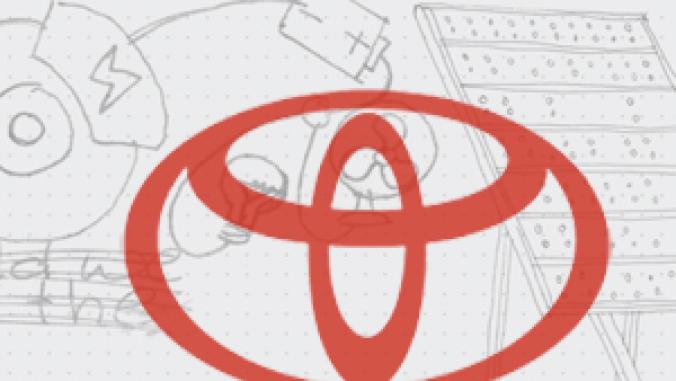California Gives $20 Million to Recycling Projects
Twenty grants are being given to increase the amount and quality of recycled materials, create jobs and provide more recycled-content products and packaging.

Twenty projects throughout California will receive a total of $20 million to improve the collection of recyclables, provide cleaner recyclable material, create new jobs and increase the amount of products with recycled content.
The grants are being allocated by the California Department of Conservation, and the money comes from unclaimed California Refund Value (CRV) charges that consumers pay when purchasing aluminum, glass and plastic drink containers. CRV charges are reclaimed only when the containers are recycled; unclaimed funds start adding up when containers are tossed in the trash.
California already has an extensive recycling infrastructure and a high recycling rate. From January to July this year the recycling rate was 76 percent, up from 71 percent during the same period in 2007. The grants, some of which the recipients are matching, will help expand and improve recycling even further, and will create about 2,000 jobs.
Some of the grant winners:
Peninsula Plastics Recycling is planning to build a plastics manufacturing facility in Stanislaus County, making food and beverage packaging from recycled plastic. The $27 million project was awarded a $4.9 million grant, and it’s expected to recycle more than 880 million plastic containers a year.
REPSCO, Inc. will receive almost $1 million to help fund a $7.8 million project that will move its Denver-based plastics recycling center to Fresno. The center will focus on increasing the recycling of number 2 plastic (like milk containers) into slip sheets, which are replacements for wooden pallets.
CR&R Incorporated was awarded $730,000 to start up a three-year, $26 million project to develop an advanced materials recovery facility with an optical scanner, overhead magnet and other equipment to gather a higher volume of recyclable material from waste streams. The facility will also use sorted municipal waste as a source for energy-producing bio-methane.
OMNI Resource Recovery will get $990,000 to install a new system as its production line to utilize about 4.5 million pounds of materials that is currently too contaminated to use.




